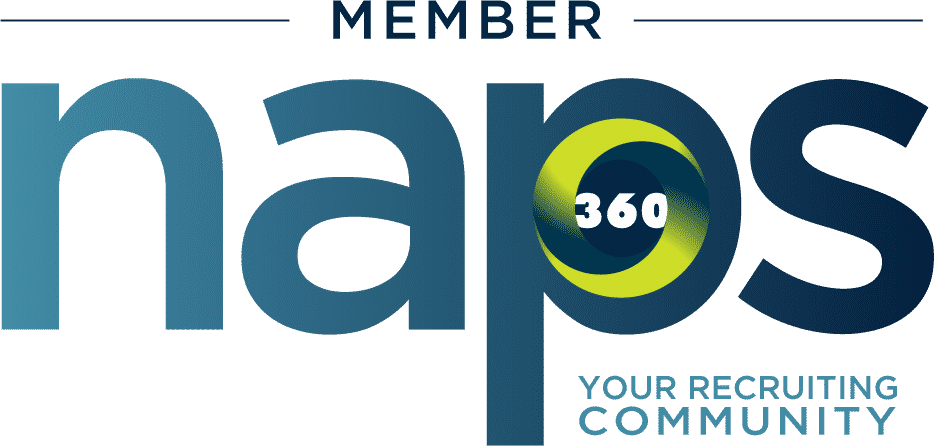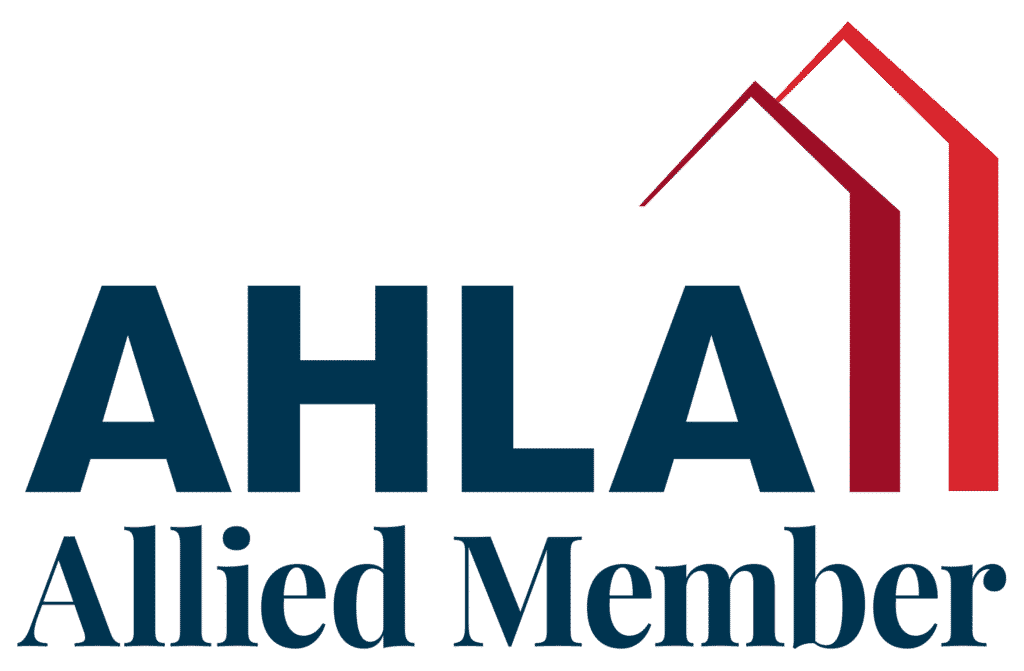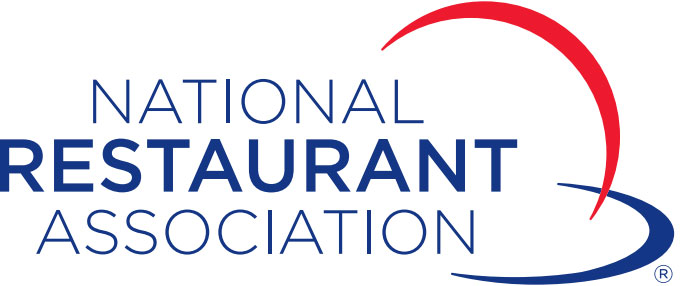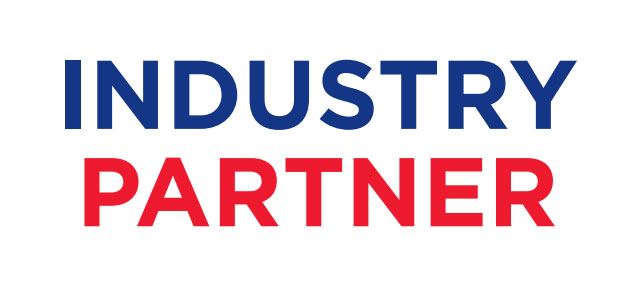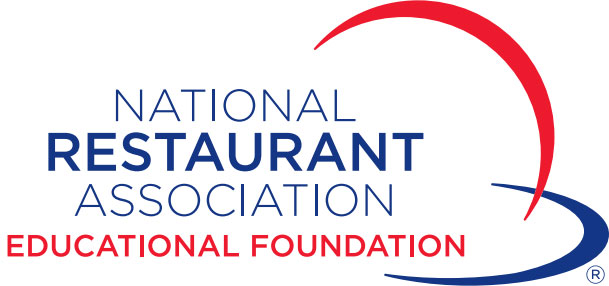Crafting the perfect resume can be a daunting task. While it is essential to build a document that showcases your experience, you should be able to reallocate the hours spent constructing your resume on the actual job search (or let a Gecko Hospitality recruiter do that for you, for free).
A resume is a summary of your professional and personal experiences – education, experience, employment, skills, and interests – designed to introduce you to potential employers, and hopefully interest them in interviewing you. Often your resume is the employer’s first impression of you – don’t underestimate its importance.
Want the easy way out? Check out our FREE Resume Builder to build a professional looking resume within minutes.
No more guess work and questioning if you remembered to include everything!
Click here to create your free resume.
If you’d rather take the time to create it yourself, and are here for the tips, check out these ideas below.
Make It Count
Your resume can be no more than two pages, and many professionals feel a one page resume is best. A general rule of thumb is to identify only the most pertinent information and to organize your information in the most concise way possible. If that requires more than one page, use the additional page. The only advantage to using two pages is being able to include essential information which would otherwise be lost. If you have a 2-page resume, be sure to put your name on the top of page 2. Often with good editing it is possible to create a well-focused, powerful one-page resume.
Remember, you have about 20-30 seconds to make an impression with your resume – that’s how long hiring managers spend with each first pass of resumes.
Quick Tips
- Keep it clean. Design your own or use a resume template that’s clean, visually appealing and easy to read.
- Use keywords. Get to the point with words that not only define your skills and experience, but stand out, too.
- Get a second opinion. Have someone else review your resume for clarity, effectiveness and a strong proofread. Make sure to ask your recruiter for any feedback they may have for your resume.
- Focus! Know the job description and focus every skill or responsibility on how it applies to that job. Ask your recruiter for a copy of the job description.
- Keep it brief. Stick to a one-page resume for early career jobs. Two pages for more experienced roles.
- Proofread. Double check grammar, spelling and punctuation.
Sections to Include
- Contact Information. Start out by writing your full name, physical address, email address and phone number. Be sure to use a phone number and email you can answer or check on the regular, especially during the workweek. Think carefully about listing both current and permanent addresses. Do you know when you will leave your current address and if someone at your permanent address will take messages? Create a situation in which it is easy for an employer to reach you.
- An objective is a way to quickly grab the reader’s attention in a very competitive job market. With a clear objective, you have the ability to stand out among hundreds of resumes that are being sent in for the same position. You can keep it simple by including a few sentences on who you are and what your objective is for this position. Make sure your objective matches the job you’re applying for.
- Work Experience. You’re work experience should demonstrate what you’ve done – and what you can do. Start with your most recent employer and stick to responsibilities that highlight your abilities, especially as it relates to the job you’d like to get. Omit fluff and anything that doesn’t make your case for being a great candidate.
- Education and Awards, Honors, Activities. Have less than three years’ experience in your field or education that relates to your objective? List education before experience. Have more? Experience can go first. Start with your most recent degree or program, and list additional degrees or relevant coursework next. You’ll want to quickly answer the question, “what have I learned?” with what you feature.
- Skills. Toward the end of your resume, list out your skill set in relation to the job you are applying to. Try to include 8-15 skills in this section. For example, skills that a General Manager most likely possess are strategic planning, presentation skills, revenue management, Microsoft Office experience, customer relations, etc. This will surely make your resume stand out!
For more help with your resume, reach out to our expert recruiters: https://geckohospi1stg.wpenginepowered.com/contact-us/recruiters-location/




